
The NHS Trust who operate the Royal Lancaster Infirmary have received a funding boost of more than £4 million.
University Hospitals of Morecambe Bay NHS Foundation Trust (UHMBT) will use the £4,302,000 of Government funds at the RLI, as well as Furness General Hospital (FGH) in Barrow, and Westmorland General Hospital (WGH) in Kendal for improvements to internal building fabric and fixtures, fixed and plant equipment, fire safety works and roof works.
Long-term issues at UHMBT hospitals such as leaky pipes, poor ventilation and electrical issues, will be tackled with the funding, helping to prevent cancelled operations and appointments.
Examples of specific UHMBT infrastructure projects that will benefit from the funding include a new roof at the Royal Lancaster Infirmary at a cost of around £800,000.
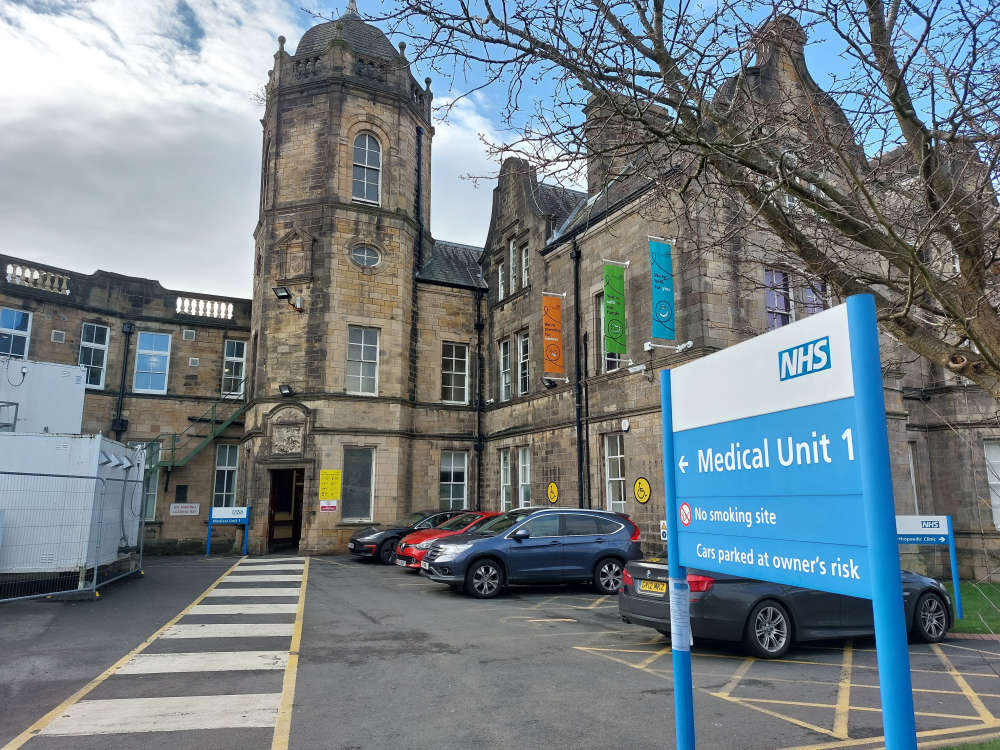
Scott McLean, Chief Operating Officer and Deputy Chief Executive, UHMBT, said: “This is fantastic news for our hospitals and the communities we serve as we will be able to make much needed improvements to our buildings and equipment.
“Our aim is always to put patients first and give them the best experience possible, so this funding will enable us to revitalise our estate for everyone’s benefit.”
Secretary of State for Health and Social Care, Wes Streeting, said: “A decade and a half of underinvestment left hospitals crumbling, with burst pipes flooding emergency departments, faulty electrical systems shutting down operating theatres, and mothers giving birth in outdated facilities that lack basic dignity.
“We are on a mission to rebuild our NHS through investment and modernisation.
“Patients and staff deserve to be in buildings that are safe, comfortable and fit for purpose. Through our Plan for Change, we make our NHS fit for the future.”
Simon Corben, Director and Head of Profession for NHS Estates and Facilities at NHS England, said: “I’m thrilled to see this money allocated for vital improvements to the NHS estate.
“This funding marks an important first step in guaranteeing that the most critical of NHS premises are as safe and efficient as they can be and enable staff to provide the best possible care for patients.
“It’s now incumbent on NHS England and local leaders to work together to ensure this money is spent as efficiently as possible, maximising the benefit of every pound spent, while delivering for staff and patients.”
Cat Smith, MP for Lancaster & Wyre (below), said: "Along with the schools safety funding announced last week, we need to fix the dire state of public service buildings which have been left crumbling for over a decade.
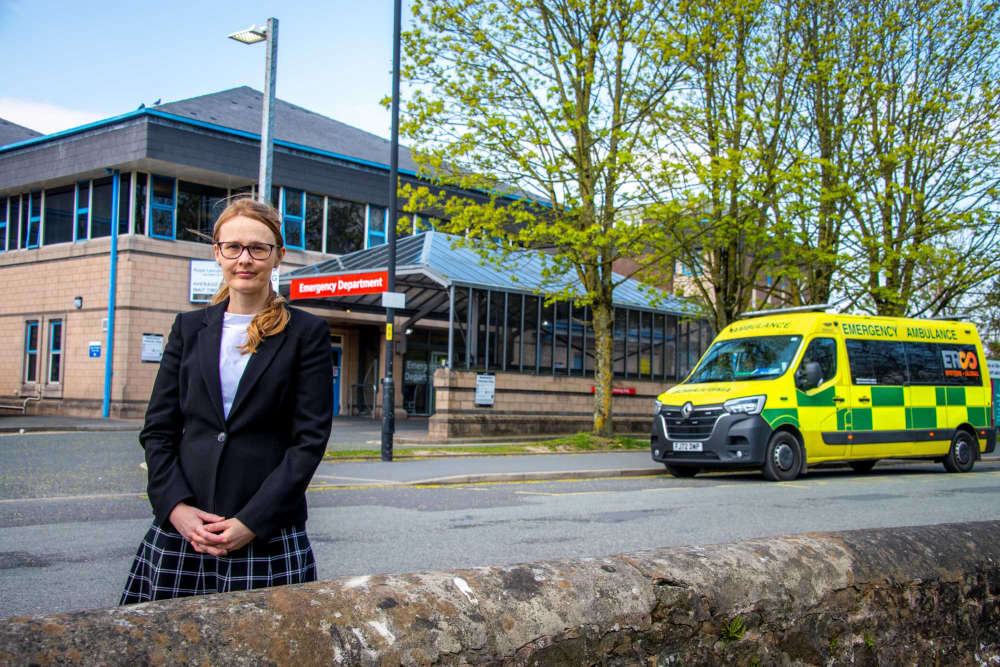
"Whilst the new-build Royal Lancaster Infirmary has been necessarily delayed due to the Reinforced Autoclaved Aerated Concrete (RAAC) crisis, with five more affected hospitals across the country taking priority for patient safety, I’m pleased that the Government’s recent land purchase funding for a new site marks a significant step in getting Lancaster a modern state of the art hospital and should prevent the loss of thousands of appointments to Victorian-era maintenance issues in the longer term.
"This multi-million pound investment in building safety comes alongside Estate Safety funding of £4.7m for Lancashire Teaching Hospitals, £2m for the North West Ambulance Service, and £1.4m for Blackpool Teaching Hospitals."
It was announced in late 2024 that a new hospital to replace the Royal Lancaster Infirmary is being earmarked for land at Bailrigg East close to Lancaster University.
The existing Royal Lancaster Infirmary site will remain in place and deliver services until new hospital facilities are opened.
Revised timelines for building a new RLI were announced by the Labour government in January following a review of the previous Conservative government's New Hospitals Programme - with construction now not expected to start until between 2035 and 2038.
A Morecambe Bay Trust spokesperson said at the time: “Whilst we are pleased that the announcement showed a solid commitment to building a new RLI, we are deeply disappointed about the delay in the planned timescales.
“We do understand that the government needs to make sure the programme is affordable, but we have real concerns about the impact this delay will have on our ability to ensure the current RLI site remains suitable to deliver high quality care to patients and offer a safe working environment for our colleagues.
“The RLI is an ageing site with 20 separate buildings - 65 per cent of which were built before 1985. Several services are provided in temporary buildings offering poor quality accommodation and others are past their useful life. There are huge backlog maintenance costs, and the inflexibility of the site makes it difficult for us to manage demand and comply with national guidance in some areas, such as single rooms, the electricity supply and the size of clinical areas."
Site earmarked for 'game-changing' new Lancaster hospital is revealed - Beyond Radio


 Lancaster youth charity launches 10 Challenges campaign
Lancaster youth charity launches 10 Challenges campaign
 £30k campaign launched for new Lancaster community farm
£30k campaign launched for new Lancaster community farm
 Carnforth chiropodist honours her late husband with clinic fundraiser
Carnforth chiropodist honours her late husband with clinic fundraiser
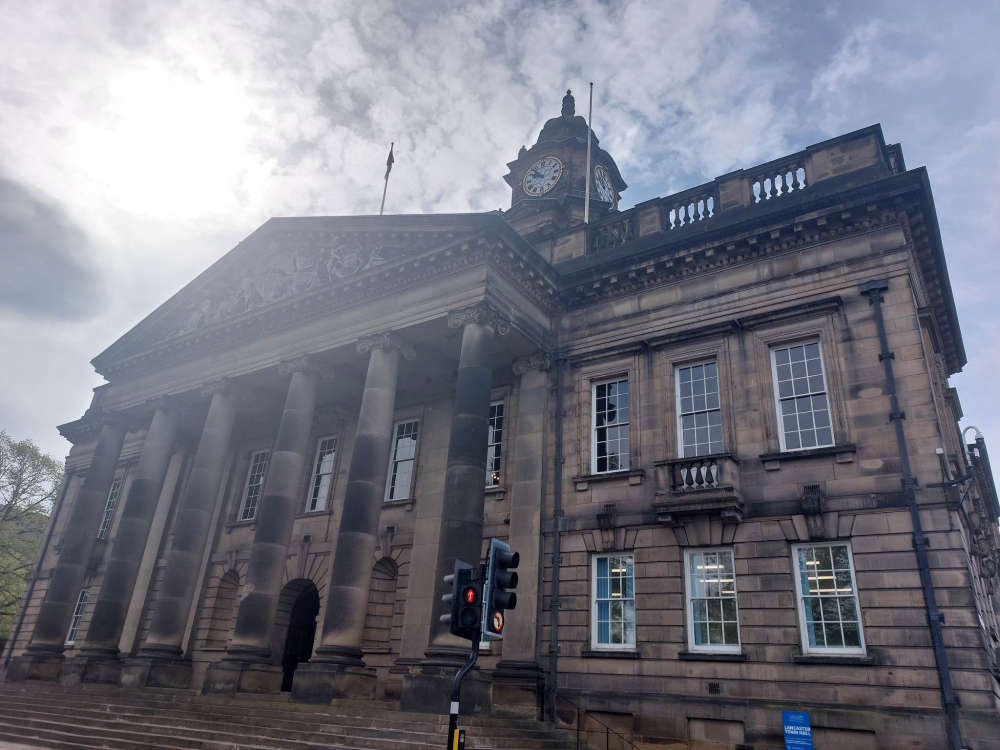 Lancaster City Council agrees 2.99 per cent rise in Council tax share
Lancaster City Council agrees 2.99 per cent rise in Council tax share
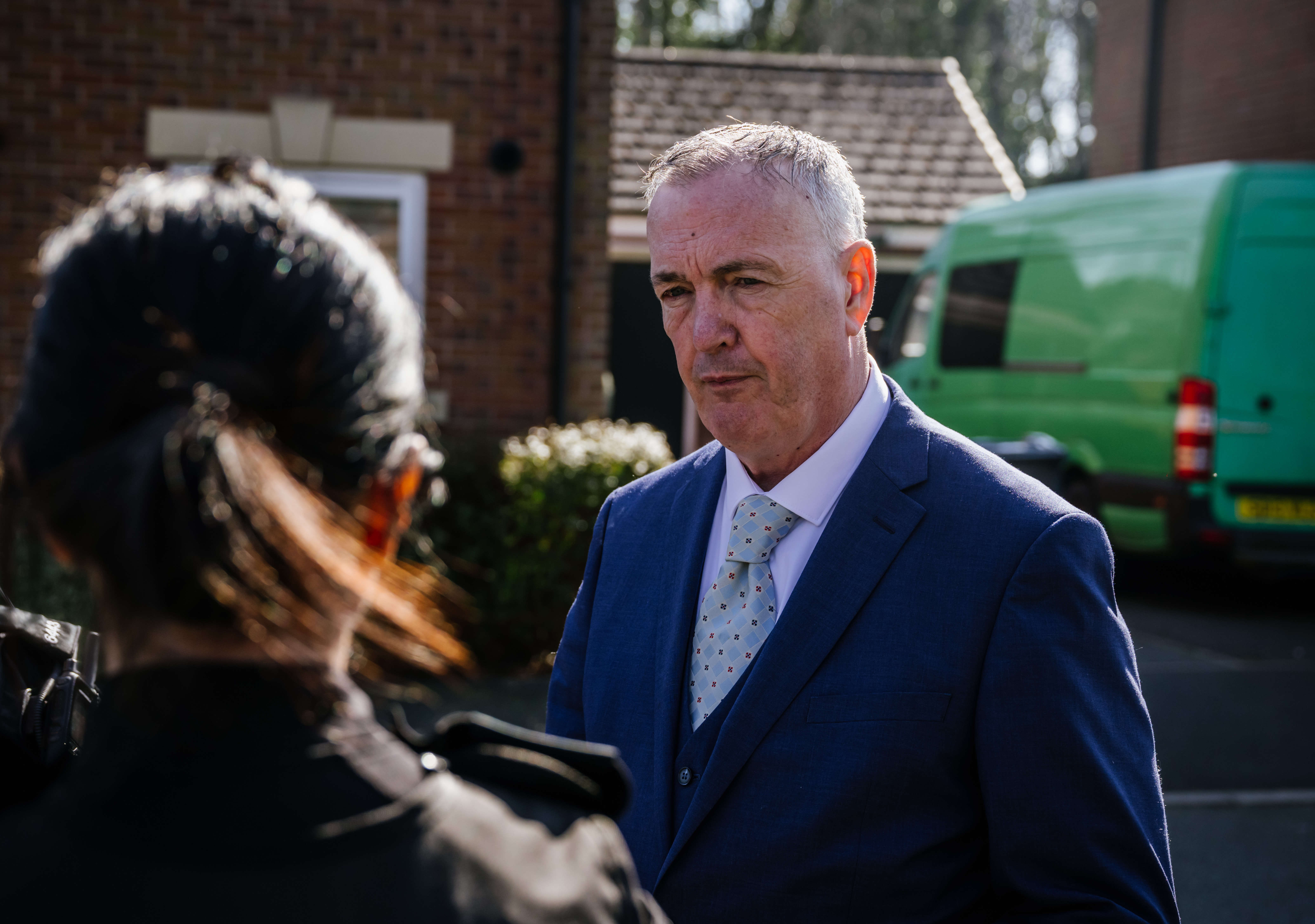 Lancashire Police’s share of Council tax to rise by 5.4 per cent
Lancashire Police’s share of Council tax to rise by 5.4 per cent
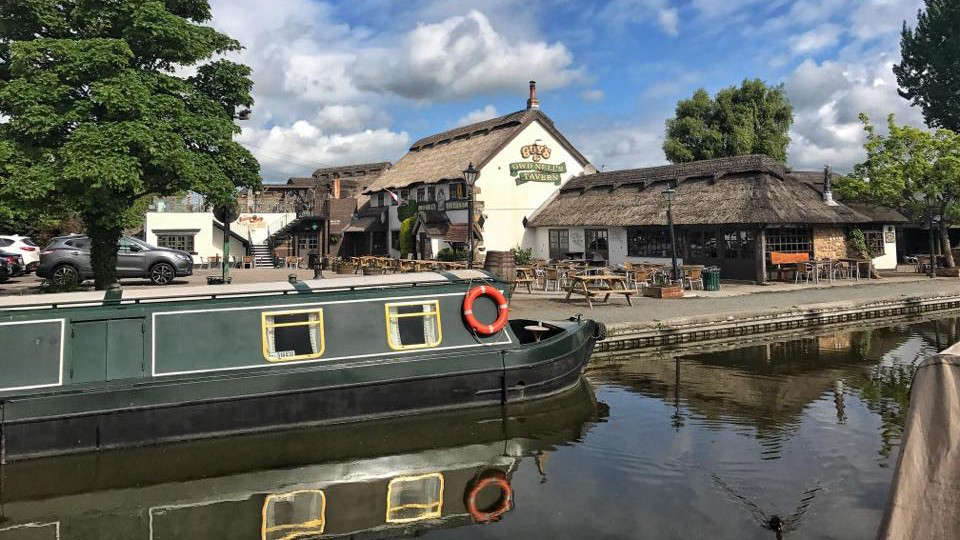 Guys Thatched Hamlet closes suddenly after 46 years
Guys Thatched Hamlet closes suddenly after 46 years
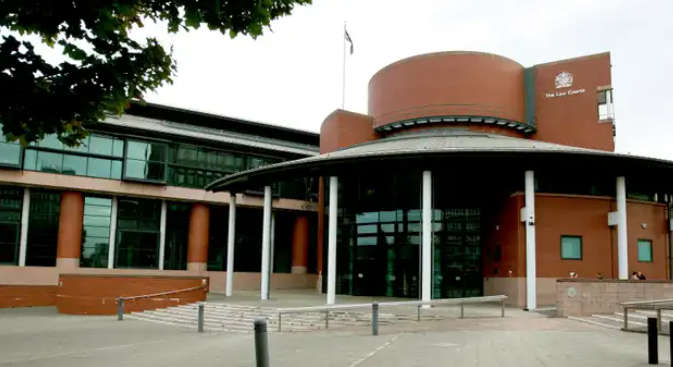 Teenager spared jail for causing death of newborn child in Morecambe
Teenager spared jail for causing death of newborn child in Morecambe
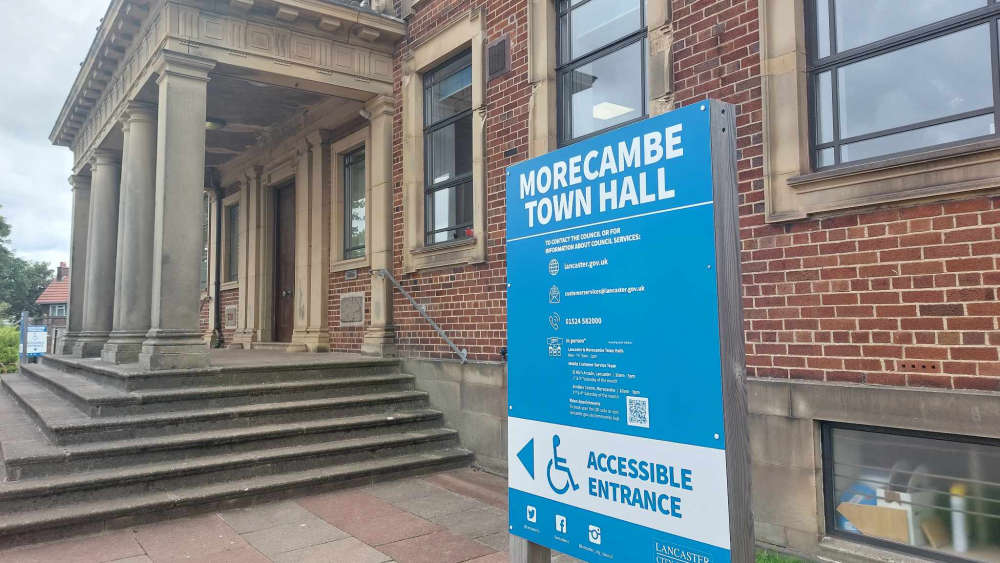 Morecambe Town Council agrees budget and 2.46 per cent rise in Council tax share
Morecambe Town Council agrees budget and 2.46 per cent rise in Council tax share
 Builders of new Lancaster housing development offer £2k cash pot to community groups
Builders of new Lancaster housing development offer £2k cash pot to community groups
 Lancaster centre welcomes mayor for opening of new community kitchen
Lancaster centre welcomes mayor for opening of new community kitchen
 Lancaster shop to close as high street gaming chain faces administration
Lancaster shop to close as high street gaming chain faces administration
 Jim Bentley returns for second spell as Morecambe FC manager
Jim Bentley returns for second spell as Morecambe FC manager
 Ashvir Singh Johal’s reign as Morecambe manager comes to an end
Ashvir Singh Johal’s reign as Morecambe manager comes to an end
 Lancaster writer's ghost story of Morecambe to be voiced by acting legend on Radio 4
Lancaster writer's ghost story of Morecambe to be voiced by acting legend on Radio 4
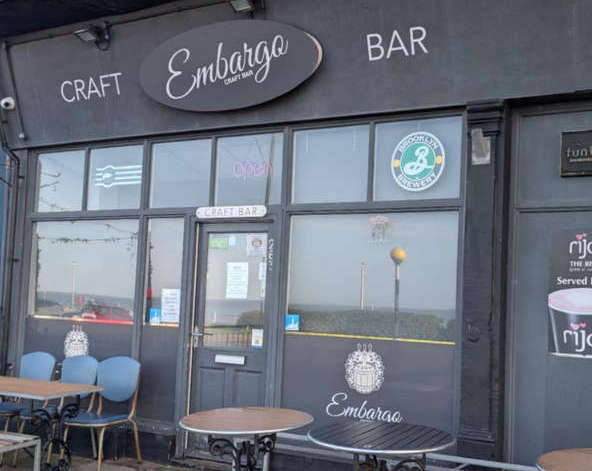 Change of name announced for popular Morecambe bar
Change of name announced for popular Morecambe bar
 Opening announced for new Morecambe bistro inside former post office
Opening announced for new Morecambe bistro inside former post office
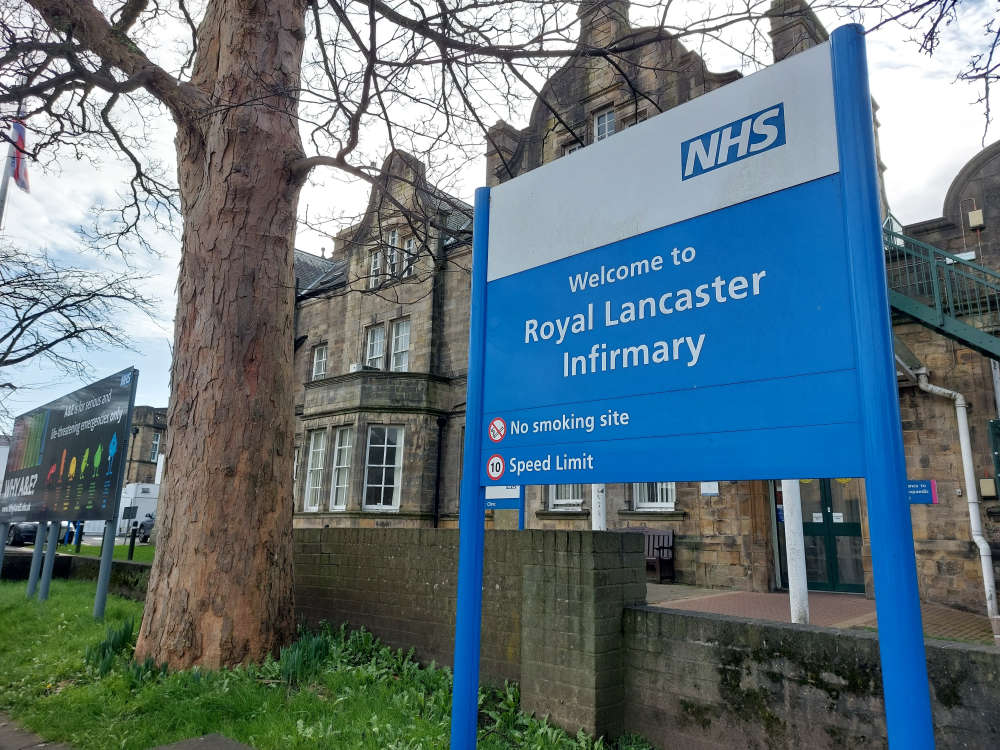 Health watchdog report shows improvements to services at Royal Lancaster Infirmary
Health watchdog report shows improvements to services at Royal Lancaster Infirmary
 LISTEN: How Leo's Gym is making a difference in memory of young Morecambe boxer
LISTEN: How Leo's Gym is making a difference in memory of young Morecambe boxer
 LISTEN: Lancaster set to celebrate Chinese New Year
LISTEN: Lancaster set to celebrate Chinese New Year
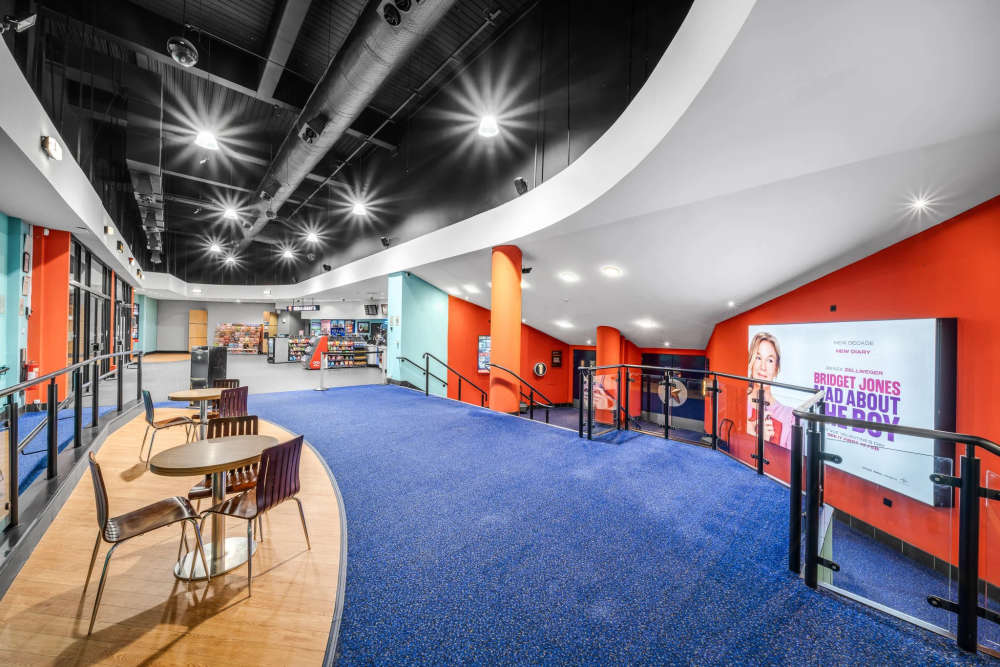 Lancaster’s Vue Cinema under new ownership
Lancaster’s Vue Cinema under new ownership









